It's from TeaVivre, the folks from Xiamen with the pretty tea-packets...
Opening the packets reveals a bonanza of sample-bags...
While it transpires that there are actually six different teas in this pile, it is perhaps a sign of the times that I reach past the pu'ercha, for this first selection, and instead go straight for the hongcha. When it's cold outside, when it's been raining so much that the river has flooded, when it's daylight only for a small interval around noon, then you know that you need the warmth and comfort of solid hongcha. At least, that's how it works for your correspondent.
"Jinsihuo" [jin-ser-hwo] literally means "gold-fur monkey". It isn't a type of tea that I have encountered before, although the mighty Babelcarp appears to have learned the phrase "Jinsiluo", referring to "gold-fur snail" (or "gold-thread snail") from the same area of Fuding in Fujian. A quick glance at the photograph below will suggest why the "snail" name came to stick, perhaps because it is a hongcha version of Biluochun. However, this tea is all about monkeys and not snails, and I respect that.
Many hongcha are simple. Some are complex. Some are porcelain elegances - I'm thinking of the canonical varieties sold by Essence of Tea, for example. It must be said that my favourite kind of hongcha is strong, potent, and uncompromising. I begin to wonder if the curly, fragile wisps of Jinsihuo can slice the Dijon.
Fears of underpowered leaves are quickly dismissed in the first infusion. Due to the small size of the leaves, they rapidly give off their character, rather than the evolution that one might expect over several infusions from pu'ercha. These little fellows manage to pack a significant punch into that first infusion, which lasts well. It is a fine mixture of an excellent, traditionally-malted base, along with a tenacious sweetness, refusing to relinquish its hold on the tongue.
The colour, as shown above, is likewise solid - it has the golden meniscus that provides good contrast, and where its body is fat, chunky, and very pleasant. This is a solid little hongcha, and I'm rather enjoying the session. Perhaps next we should look at the price... $67 / 500g may seem, at first blush, quite a lot for hongcha, which is usually rock-bottom in price. However, this tea comes with a chemical screening test from a reliable lab; if we accept that this tea is in fact similar to that which was used in the lab test, $67 for peace of mind is probably worthwhile. With hongcha, in particular, sharp practice including the use of nasty agrochemicals is standard practice.
Thanks very much to TeaVivre for the session, which was a warming treat on a grim English day.

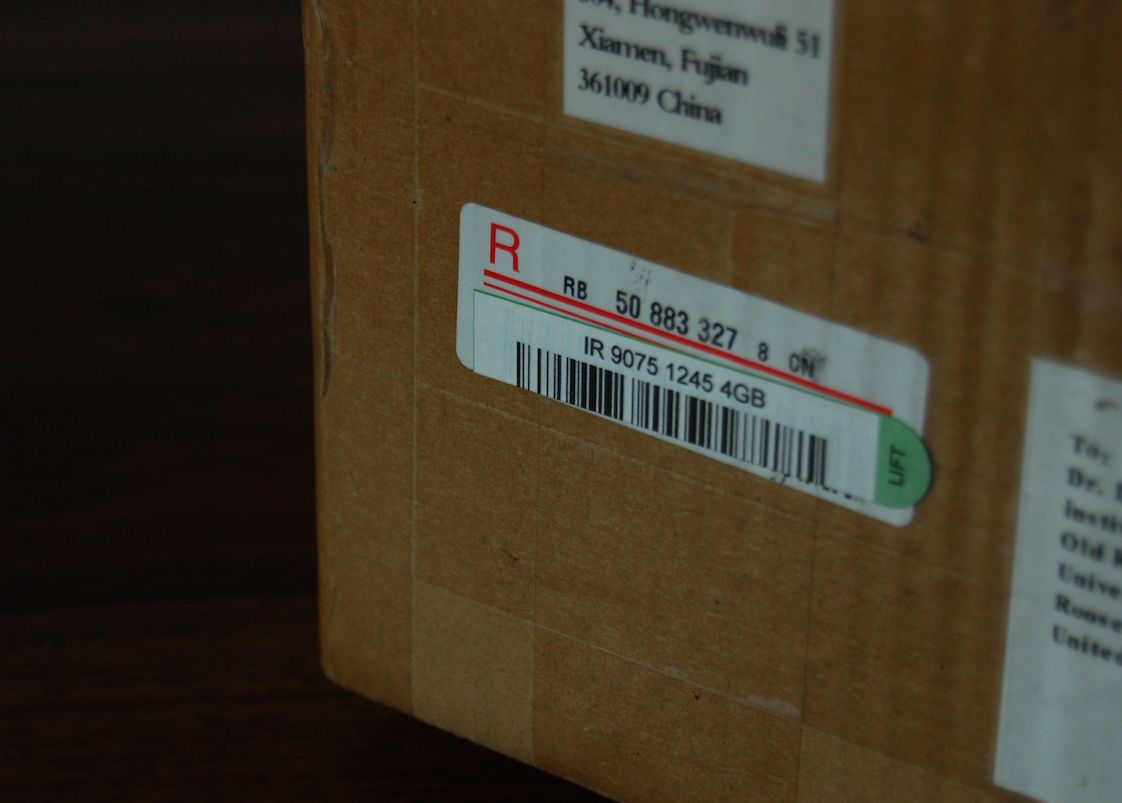
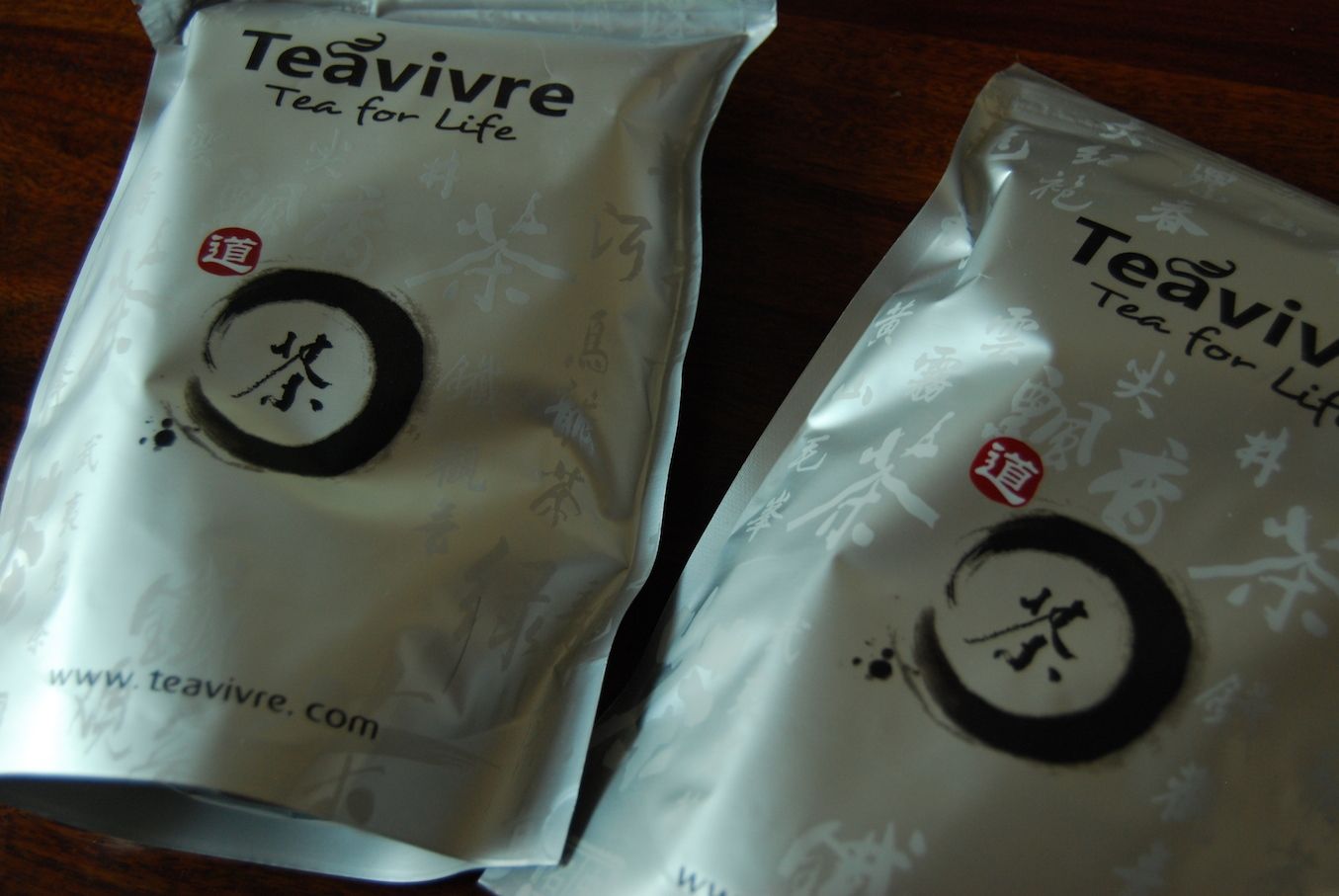
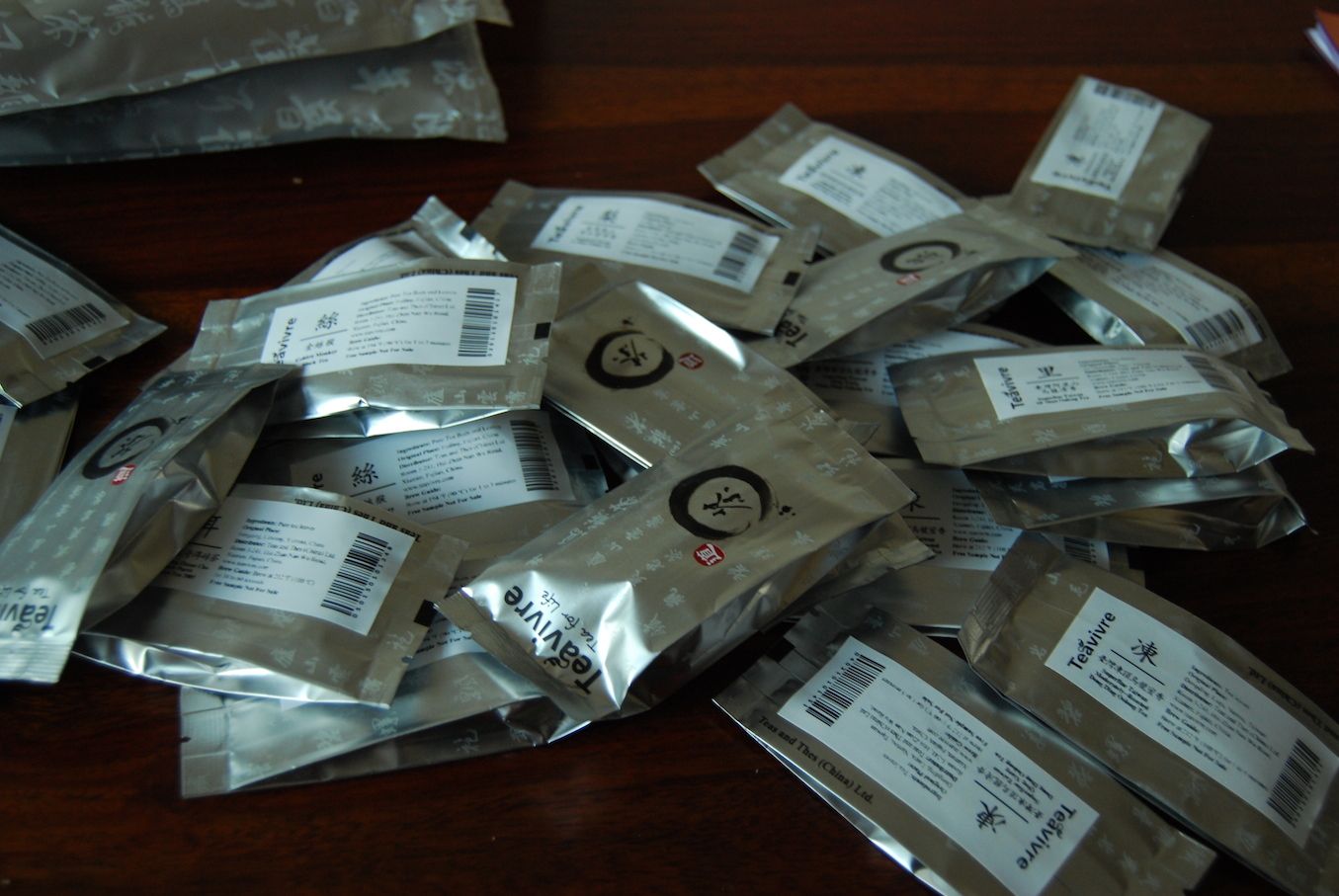
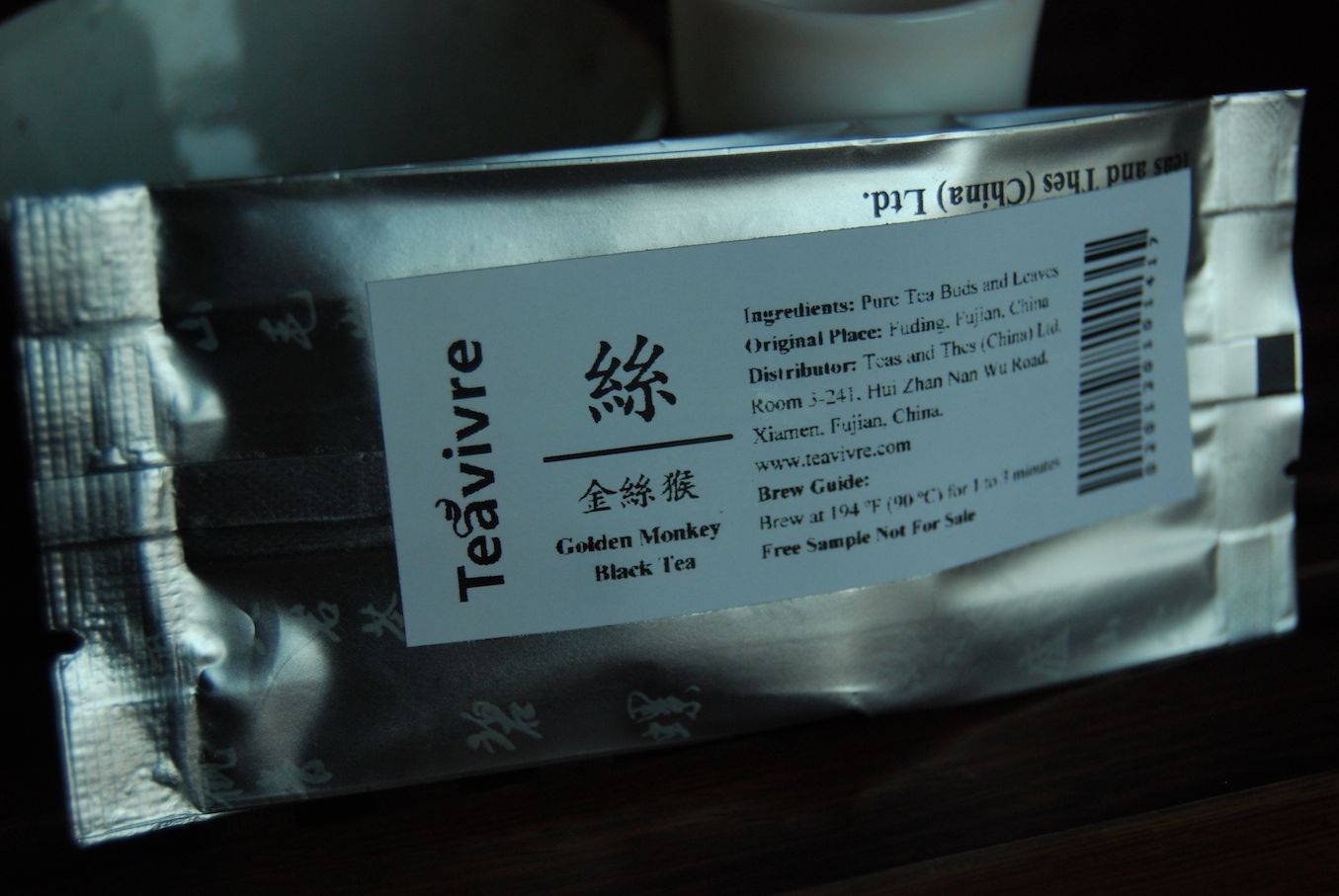

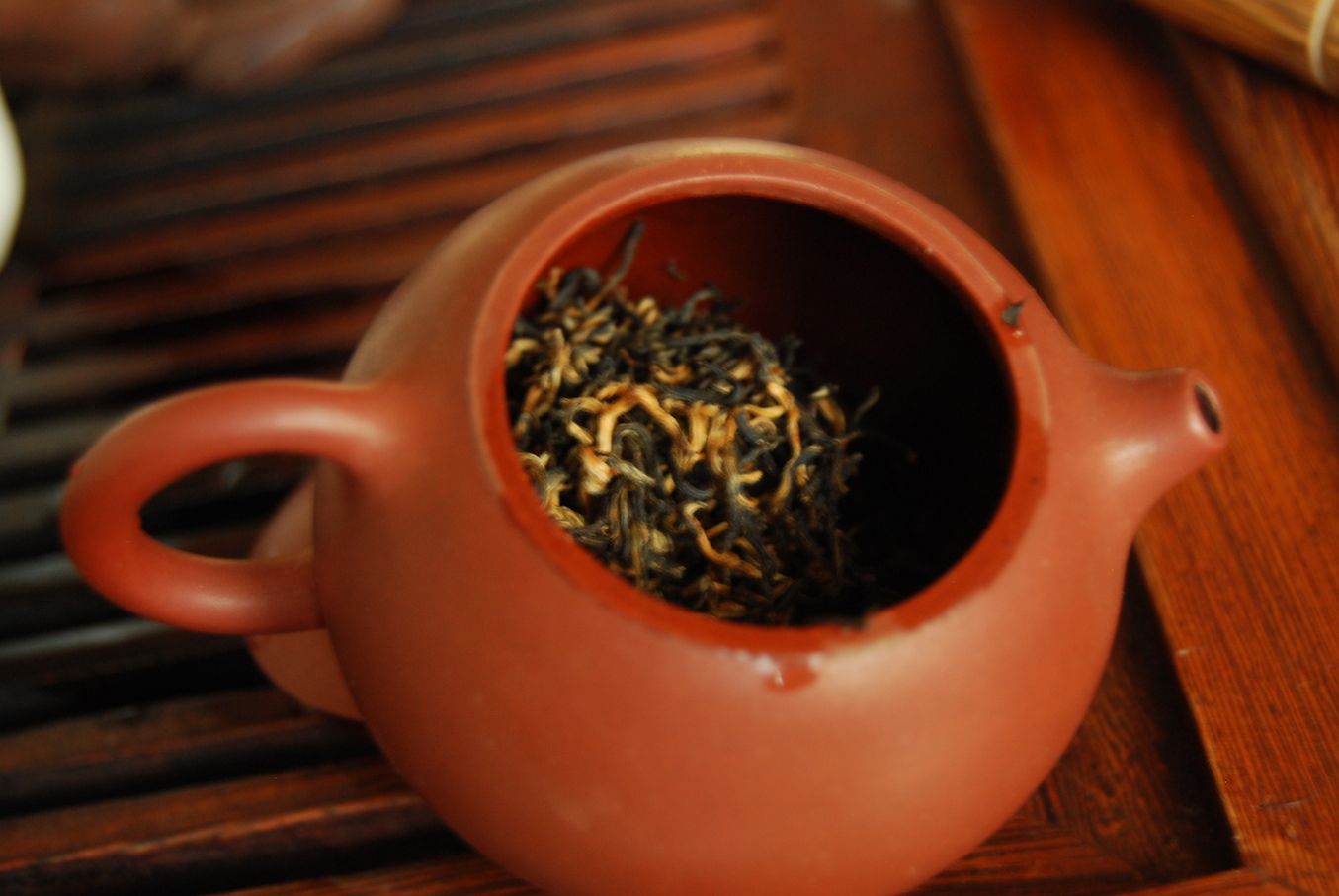
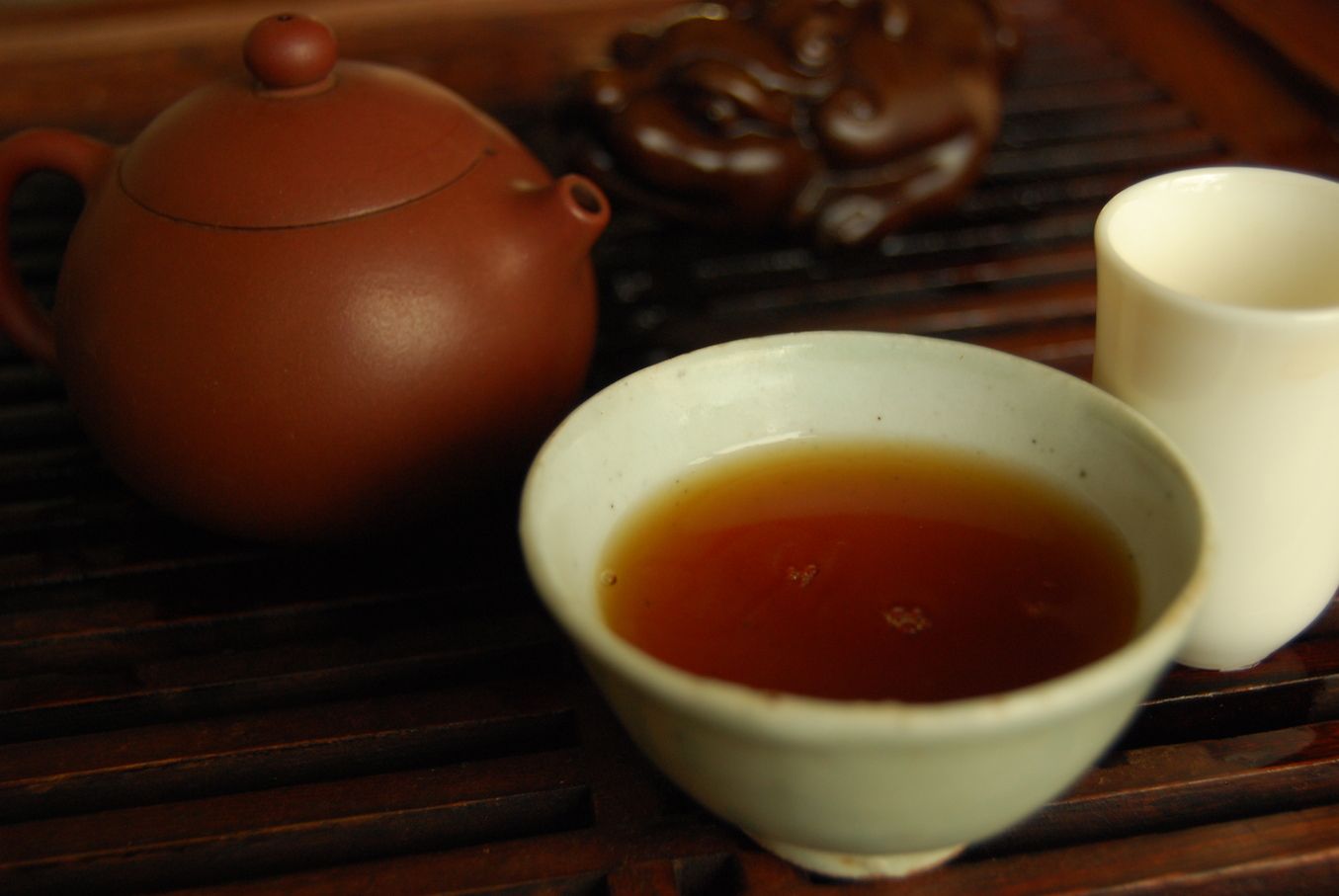
No comments:
Post a Comment